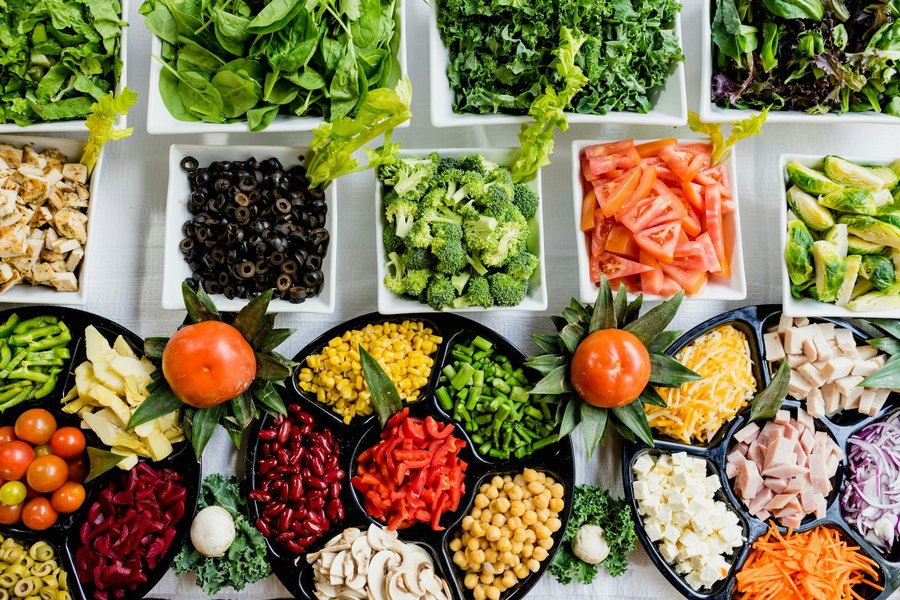What is oxidative stress?
Free radicals are reactive oxygen compounds in our cells. Contrary to their reputation, free radicals are neither exclusively foreign bodies nor always dangerous. Rather, free radicals can be absorbed from the outside as well as being formed in the body itself, where they take on a variety of tasks. For example, they regulate energy production in the cells or are involved in immune defense. Our immune system therefore deliberately uses free radicals to eliminate uncontrollably growing cells or to destroy pathogens.
Nevertheless, free radicals, like many other substances, can actually put a strain on the organism. In this case, we speak of oxidative stress, a condition in which the concentration of free radicals is uncontrollably high and at the same time the counterbalance in the form of antioxidants is not strong enough.
The main causes of free radical proliferation are smoking, drug abuse, alcohol abuse and alcoholism, stress, certain drugs such as antibiotics, cytostatics or hormone preparations, smog, car exhaust fumes, air pollution, UV radiation, radiation exposure, X-rays, environmental toxins such as pesticides, dioxins, methane, ozone, solvents, heavy metals...
Oxidative stress can damage cells and trigger premature ageing processes, impair cell division and increase the risk of cardiovascular disease, metabolic disorders and cancer.
Genetic predisposition plays an important role in susceptibility to oxidative stress, as genes influence the production of antioxidant enzymes and the regulation of detoxification processes. Studies have shown that certain genetic variants can be associated with an increased risk of oxidative stress and related diseases.

Antioxidants
Antioxidants are antagonists of free radicals. If free radicals and antioxidants are in balance in the body, there is no risk of health hazards, restrictions or premature signs of wear and tear due to oxidative stress. It is therefore important to consume sufficient antioxidants in the diet. The most important antioxidants include vitamins C, E, coenzyme Q10, glutathione, zinc, selenium, bioflavonoids and carotenoids. A diet rich in vital substances with fresh foods and regular exercise are important prerequisites for supplying the body with vitamins and minerals and keeping the immune system healthy. Plant-based foods in particular, such as vegetables, fruit, wholegrain products, pulses and high-quality vegetable oils and nuts, are rich in antioxidants. Colorful vegetables (such as spinach, chard, pumpkin, melanzani, colorful peppers, carrots, tomatoes) and fruit or berries are particularly recommended.
![[Report Bild]](/static/reportImages/oxidativer1.jpg)